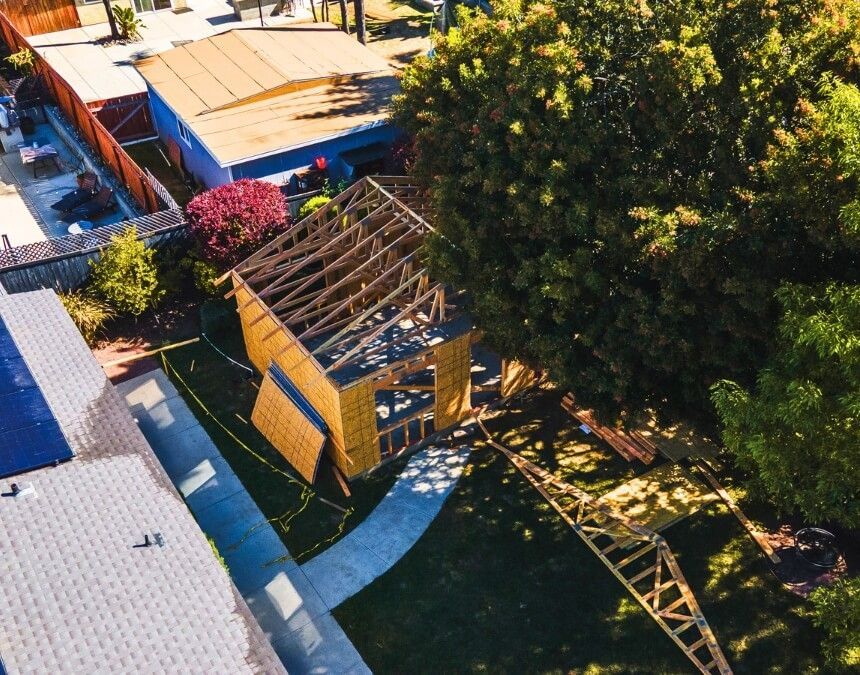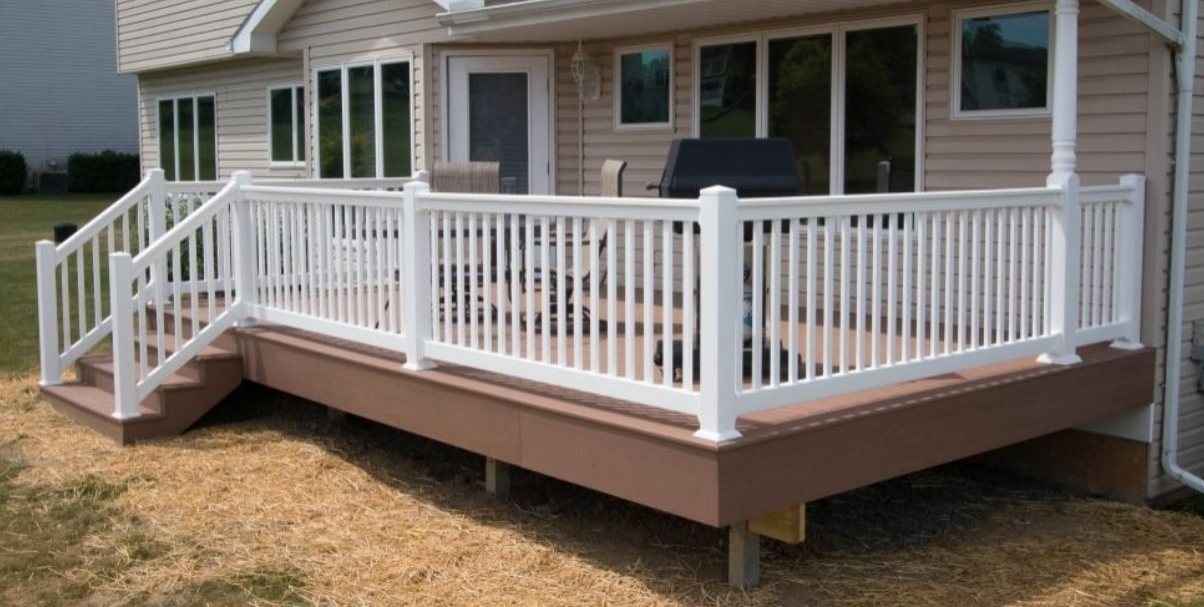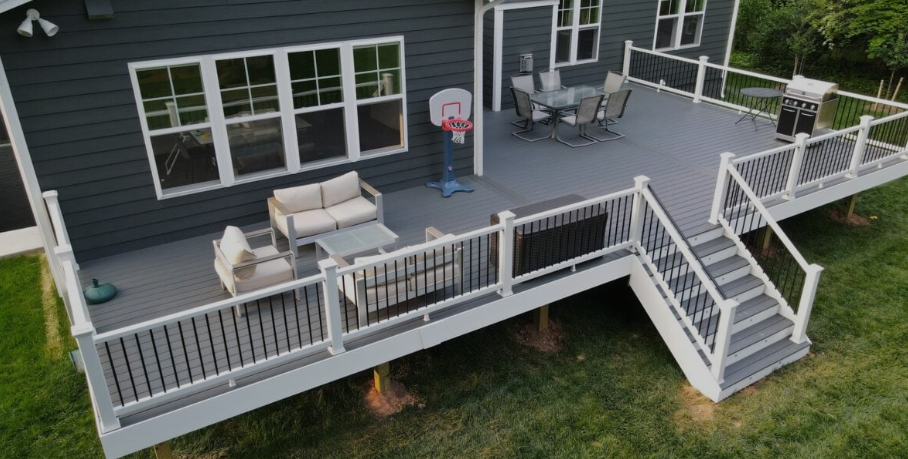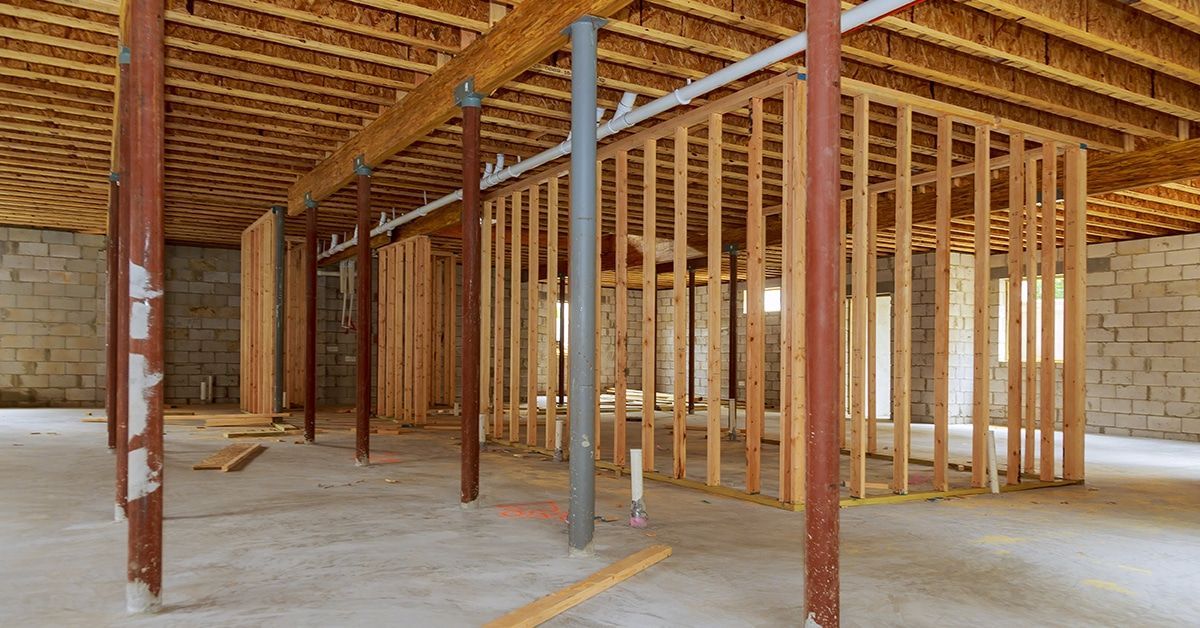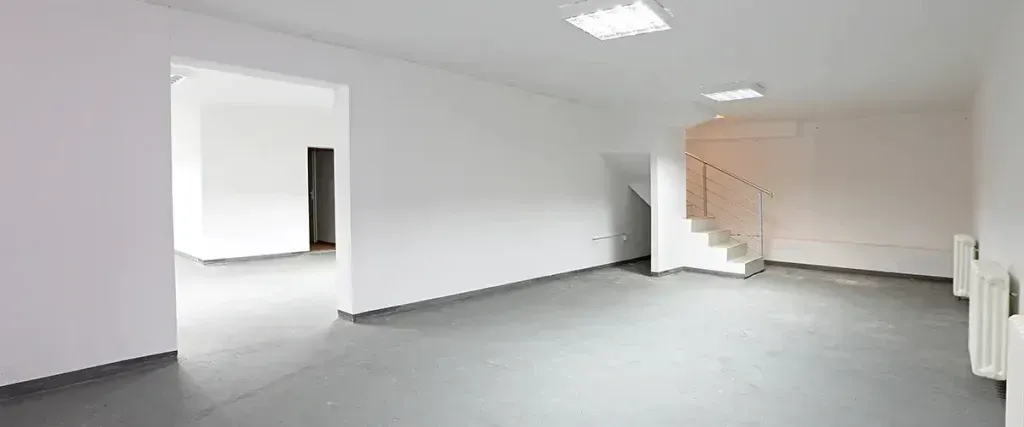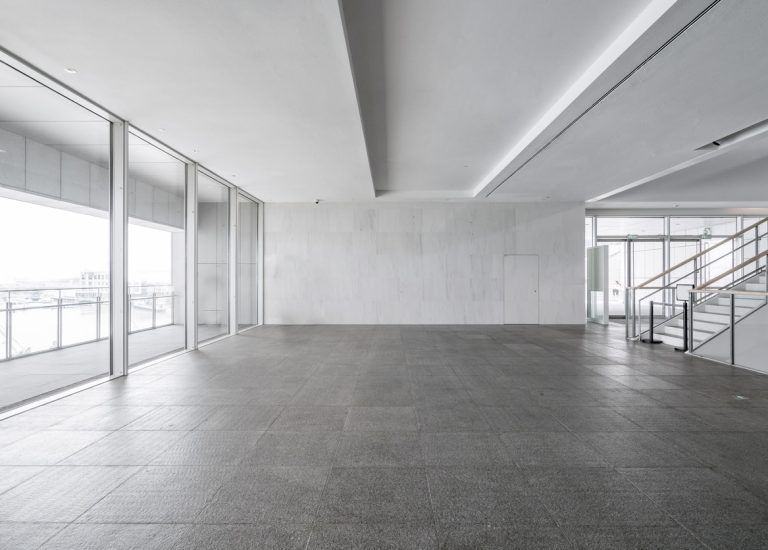What Can’t You Put in a Septic System - Rhode Island
Never put non-biodegradable items, chemicals, grease, medications, or excessive amounts of harsh cleaners in your Rhode Island septic system. These items can kill beneficial bacteria, clog pipes, contaminate groundwater, and cause expensive system failures. Rhode Island's strict environmental regulations make proper septic system care essential for protecting the state's groundwater and coastal waters.
Quick Answer: Items You Can't Put in Rhode Island Septic Systems
Never flush or drain these items:
- Non-biodegradable waste: Diapers, wipes, feminine products, cigarette butts
- Household chemicals: Paint, solvents, pesticides, motor oil
- Medications: Prescription drugs, over-the-counter medicines
- Excessive grease and fats: Cooking oils, butter, meat fats
- Harsh cleaners: Bleach, antibacterial soaps, drain cleaners
Why Septic System Care Matters in Rhode Island
Environmental Protection
Rhode Island's unique environmental challenges make septic system care crucial:
- Groundwater protection: 60% of Rhode Island relies on groundwater for drinking water
- Coastal water quality: Septic systems affect Narragansett Bay and coastal ponds
- Dense population: High septic system density requires careful management
- Regulatory compliance: Rhode Island DEM strictly enforces septic regulations
System Functionality
Improper disposal can cause:
- Bacterial disruption: Killing beneficial bacteria that break down waste
- Pipe blockages: Clogs in distribution systems and leach fields
- Tank overflow: Reduced capacity from non-biodegradable accumulation
- System failure: Complete system breakdown requiring expensive replacement
Items You Should Never Put in Your Rhode Island Septic System
Non-Biodegradable Items
Bathroom Products
- Disposable wipes: "Flushable" wipes don't break down in septic systems
- Feminine hygiene products: Tampons, pads, applicators
- Diapers: Both disposable and cloth diaper inserts
- Condoms: Latex doesn't decompose in septic systems
- Dental floss: Synthetic materials don't break down
Personal Care Items
- Cotton swabs: Plastic stems don't decompose
- Cigarette butts: Filters contain toxic chemicals
- Contact lenses: Plastic materials clog system components
- Razor blades: Metal objects damage pumps and pipes
- Bandages: Adhesive materials don't break down
Household Chemicals
Cleaning Products
- Bleach: Kills beneficial bacteria in large quantities
- Drain cleaners: Caustic chemicals damage pipes and bacteria
- Toilet bowl cleaners: Harsh chemicals disrupt bacterial balance
- Antibacterial soaps: Excessive use kills septic bacteria
- Ammonia-based cleaners: Toxic to septic system bacteria
Automotive Products
- Motor oil: Contaminates groundwater and kills bacteria
- Gasoline: Highly toxic to septic systems and environment
- Antifreeze: Poisonous chemicals harm bacterial processes
- Transmission fluid: Petroleum products damage system biology
- Brake fluid: Toxic chemicals contaminate groundwater
Medications and Pharmaceuticals
Prescription Medications
- Antibiotics: Kill beneficial bacteria essential for waste breakdown
- Chemotherapy drugs: Highly toxic to septic system bacteria
- Hormones: Can contaminate groundwater and affect wildlife
- Pain medications: Opioids and other drugs don't break down naturally
- Psychiatric medications: Chemicals persist in the environment
Over-the-Counter Drugs
- Expired medications: Don't flush any unused medications
- Vitamins and supplements: Synthetic compounds don't decompose
- Topical medications: Creams and ointments contain preservatives
- Liquid medications: Syrups contain chemicals that disrupt bacteria
Kitchen Waste
Fats, Oils, and Grease (FOG)
- Cooking oils: Vegetable, olive, and other cooking oils
- Animal fats: Bacon grease, butter, lard
- Dairy fats: Milk, cream, cheese residues
- Fried food grease: Deep fryer oil and pan drippings
- Salad dressings: Oil-based dressings solidify in pipes
Food Waste
- Coffee grounds: Don't break down and can clog pipes
- Eggshells: Calcium carbonate doesn't decompose easily
- Fruit pits: Large items can clog distribution systems
- Bones: Don't decompose and can damage grinder pumps
- Vegetable peels: Large quantities can overwhelm system capacity
Toxic Substances
Household Hazardous Waste
- Paint: Latex and oil-based paints kill septic bacteria
- Paint thinner: Solvents are toxic to bacterial processes
- Pesticides: Chemicals designed to kill organisms harm septic bacteria
- Herbicides: Weed killers contaminate groundwater
- Pool chemicals: Chlorine and other chemicals kill beneficial bacteria
Personal Care Chemicals
- Hair dyes: Chemical colorants disrupt bacterial balance
- Nail polish: Acetone and other solvents kill bacteria
- Perfumes: Alcohol-based products in large quantities harm bacteria
- Permanent markers: Solvents and dyes are toxic to systems
- Craft supplies: Glues, adhesives, and solvents damage bacteria
Rhode Island-Specific Septic System Considerations
Coastal Environment Concerns
Nitrogen Pollution Rhode Island's coastal waters are particularly sensitive to nitrogen:
- Algae blooms: Excess nitrogen causes harmful algal growth
- Fish kills: Oxygen depletion from algae affects marine life
- Shellfish closures: Contamination closes important fisheries
- Water quality: Swimming and recreation areas affected
Enhanced Treatment Requirements Many Rhode Island areas require:
- Nitrogen reduction systems: Advanced treatment to remove nitrogen
- Regular monitoring: Frequent testing of system performance
- Professional maintenance: Licensed contractor service requirements
- Compliance reporting: Regular reporting to Rhode Island DEM
Groundwater Protection
Aquifer Contamination Rhode Island's groundwater is vulnerable to:
- Chemical contamination: Household chemicals can reach drinking water
- Pharmaceutical pollution: Medications persist in groundwater
- Bacterial contamination: Improperly maintained systems spread disease
- Saltwater intrusion: Coastal areas face additional contamination risks
Wellhead Protection Areas Special restrictions apply near:
- Public water supplies: Enhanced septic system requirements
- Private wells: Increased setbacks and monitoring
- Sensitive aquifers: Stricter maintenance and inspection schedules
- Recharge areas: Enhanced protection requirements
Rhode Island Septic System Do's and Don'ts
DO Use These Septic-Safe Products
Cleaning Products
- Biodegradable dish soap: Breaks down naturally in septic systems
- White vinegar: Natural cleaner safe for septic bacteria
- Baking soda: Gentle abrasive that doesn't harm bacteria
- Castile soap: Plant-based soap safe for septic systems
- Enzyme cleaners: Actually help break down waste in septic tanks
Personal Care Products
- Biodegradable shampoo: Breaks down without harming bacteria
- Natural toothpaste: Fluoride-free options are septic-friendly
- Organic cotton products: Toilet paper and feminine products
- Septic-safe toilet paper: Rapid-dissolving varieties
- Natural deodorants: Aluminum-free products are safer
DON'T Use These Harmful Products
Excessive Quantities
- Too much bleach: Occasional use is okay, but not daily
- Antibacterial everything: Overuse kills beneficial bacteria
- Harsh drain cleaners: Use mechanical methods instead
- Toilet bowl cleaners: Limit use of harsh chemical cleaners
- Fabric softeners: Excessive use can coat pipes
Dangerous Combinations
- Mixing cleaners: Can create toxic gases and chemicals
- Chemical drain treatments: Can damage pipes and bacteria
- Automatic toilet cleaners: Continuous chemical release harms bacteria
- Excessive water usage: Overloads system capacity
- Ignoring maintenance: Neglect leads to system failure
Proper Disposal Alternatives in Rhode Island
Household Hazardous Waste
Rhode Island Disposal Options
- Eco-Depot: Rhode Island Resource Recovery hazardous waste facility
- Municipal collection days: Many towns offer hazardous waste collection
- Retail take-back programs: Some stores accept specific items
- Special waste facilities: Licensed disposal facilities
Medication Disposal
- DEA take-back events: Regular prescription drug collection events
- Police station drop-boxes: Many departments accept medications
- Pharmacy programs: Some pharmacies accept unused medications
- Hospital programs: Medical facilities often accept medications
Organic Waste Management
Composting Options
- Backyard composting: Turn food scraps into garden fertilizer
- Municipal composting: Some Rhode Island towns offer programs
- Private composting services: Commercial pickup available in some areas
- Worm composting: Indoor composting for apartment dwellers
Grease Disposal
- Solidify and trash: Let grease cool and solidify before disposal
- Recycling programs: Some areas accept used cooking oil
- Automotive shops: Many accept used motor oil
- Wipe out containers: Use paper towels to clean greasy cookware
Signs Your Rhode Island Septic System Is Damaged
Warning Signs of Improper Disposal
Immediate Indicators
- Slow drains: Grease and debris clog pipes
- Foul odors: Chemical damage to bacterial processes
- Gurgling sounds: Blockages in distribution systems
- Wet spots: Surfacing sewage over leach field
- Lush grass growth: Excess nutrients from system failure
Long-term Damage Signs
- Frequent backups: System capacity reduced by debris
- Pump failures: Grease and debris damage mechanical components
- Leach field failure: Chemical damage to soil absorption
- Groundwater contamination: Well water testing shows problems
- Regulatory violations: DEM citations for system failures
Environmental Impact Signs
Groundwater Contamination
- Well water odors: Chemical smells in drinking water
- Water quality changes: Taste, color, or clarity changes
- Bacterial contamination: Positive tests for harmful bacteria
- Chemical detection: Laboratory analysis shows contamination
Surface Water Impact
- Algae blooms: Excess nutrients in nearby water bodies
- Fish kills: Oxygen depletion from nutrient pollution
- Shellfish bed closures: Contamination affecting marine life
- Beach closures: Bacterial contamination from failed systems
Rhode Island Septic System Maintenance Best Practices
Regular Maintenance Schedule
Annual Tasks
- Visual inspections: Check for surface signs of problems
- Usage monitoring: Track household water consumption
- Product evaluation: Review cleaning products and chemicals used
- Professional consultation: Annual system assessment
Every 3-5 Years
- Professional pumping: Remove accumulated solids
- Comprehensive inspection: Licensed inspector evaluation
- Bacterial treatment: Add beneficial bacteria if needed
- Component testing: Check pumps, alarms, and distribution systems
Water Conservation
Efficient Usage Practices
- Fix leaks promptly: Prevent system overload
- Spread laundry loads: Don't do all laundry in one day
- Use water-efficient fixtures: Low-flow toilets and showerheads
- Take shorter showers: Reduce daily water usage
- Run dishwashers only when full: Maximize efficiency
Rhode Island Water Conservation Programs
- Rebate programs: Some utilities offer fixture rebates
- Efficiency audits: Professional water usage assessments
- Educational resources: Water conservation guidance
- Incentive programs: Rewards for conservation efforts
Cost of Septic System Damage in Rhode Island
Repair Costs
Minor Repairs
- Pump replacement: $800-$1,500
- Pipe repairs: $500-$1,200
- Distribution box repair: $800-$1,500
- Electrical repairs: $300-$800
- Baffle replacement: $400-$800
Major Repairs
- Tank replacement: $3,000-$6,000
- Leach field repair: $5,000-$12,000
- System upgrade: $8,000-$20,000
- Complete replacement: $15,000-$35,000
- Environmental cleanup: $10,000-$50,000+
Regulatory Penalties
Rhode Island DEM Fines
- First violations: $500-$2,000
- Repeat violations: $2,000-$10,000
- Environmental damage: $10,000+ plus cleanup costs
- Criminal violations: Potential jail time and larger fines
Additional Costs
- Legal fees: Attorney costs for violations
- Permit fees: Required for repairs and replacements
- Inspection costs: Multiple inspections during repairs
- Temporary solutions: Pump and haul services during repairs
Rhode Island Septic-Safe Product Recommendations
Cleaning Products
Recommended Brands
- Seventh Generation: Biodegradable household cleaners
- Ecover: Plant-based cleaning products
- Method: Naturally derived cleaning formulas
- Mrs. Meyer's: Biodegradable cleaning products
- Biokleen: Septic-safe cleaning solutions
Homemade Alternatives
- All-purpose cleaner: White vinegar and water solution
- Drain maintenance: Monthly baking soda and vinegar treatment
- Toilet cleaner: Baking soda and vinegar paste
- Glass cleaner: Vinegar, water, and small amount of dish soap
- Degreaser: Dish soap and warm water solution
Personal Care Products
Septic-Safe Options
- Scott toilet paper: Rapid-dissolving formula
- Charmin Ultra Soft: Septic-safe toilet paper
- Natracare: Organic cotton feminine products
- Seventh Generation: Biodegradable personal care items
- Tom's of Maine: Natural toothpaste and deodorants
Professional Rhode Island Septic Services
When to Call Professionals
Immediate Professional Help
- System backups: Don't attempt DIY repairs
- Foul odors: Professional assessment needed
- Wet spots over system: Potential leach field failure
- Pump alarms: Electrical and mechanical issues
- Regulatory violations: Professional compliance assistance
Regular Professional Services
- Annual inspections: Licensed inspector evaluation
- Pumping services: Professional waste removal
- Bacterial treatments: Professional system optimization
- Maintenance programs: Scheduled service contracts
- Emergency response: 24/7 professional availability
Choosing Rhode Island Septic Professionals
Required Qualifications
- DEM licensing: Current Rhode Island contractor license
- Insurance coverage: Liability and worker's compensation
- Local experience: Familiar with Rhode Island regulations
- Professional references: Satisfied customer testimonials
- Emergency availability: 24/7 service capabilities
Service Offerings
- Pumping and cleaning: Regular maintenance services
- Inspection programs: Annual system assessments
- Repair services: Minor and major system repairs
- Compliance assistance: Regulatory requirement help
- Educational resources: Proper system care guidance
Rhode Island Environmental Education Programs
Public Education Resources
State Programs
- Rhode Island DEM: Educational materials and workshops
- University of Rhode Island: Extension programs and research
- Municipal programs: Local septic system education
- Environmental groups: Conservation organization resources
Online Resources
- DEM website: Regulatory information and guidance
- EPA resources: National septic system information
- Professional associations: Industry best practices
- Educational videos: Proper septic system care
Community Programs
Workshop Opportunities
- Homeowner education: Proper septic system maintenance
- New homeowner programs: First-time septic system owners
- Contractor training: Professional development programs
- Environmental awareness: Community education events
Need professional septic system services in Rhode Island? Rockhouse Construction provides comprehensive septic maintenance, repairs, and educational services to help you protect your system and comply with state regulations. Our experienced team can assess your system, provide proper maintenance, and help you understand best practices for septic system care. Contact us today for expert septic system services and guidance on maintaining your Rhode Island septic system properly.
